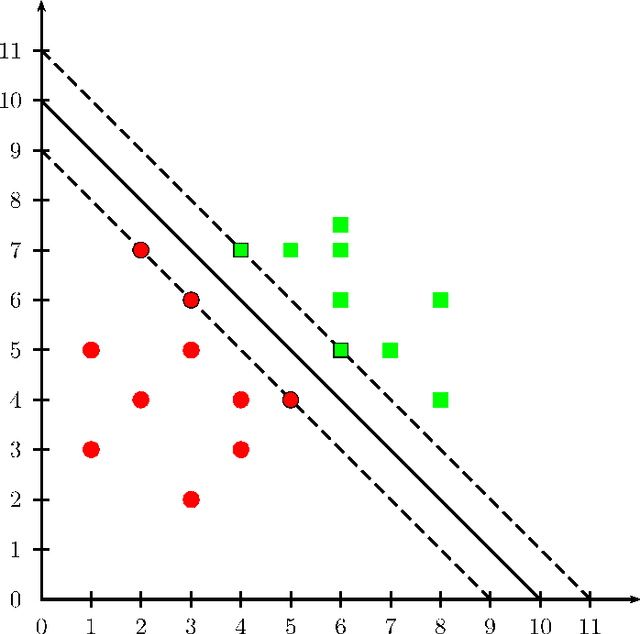Graph Kernels
Paper and Code
Jul 01, 2008



We present a unified framework to study graph kernels, special cases of which include the random walk graph kernel \citep{GaeFlaWro03,BorOngSchVisetal05}, marginalized graph kernel \citep{KasTsuIno03,KasTsuIno04,MahUedAkuPeretal04}, and geometric kernel on graphs \citep{Gaertner02}. Through extensions of linear algebra to Reproducing Kernel Hilbert Spaces (RKHS) and reduction to a Sylvester equation, we construct an algorithm that improves the time complexity of kernel computation from $O(n^6)$ to $O(n^3)$. When the graphs are sparse, conjugate gradient solvers or fixed-point iterations bring our algorithm into the sub-cubic domain. Experiments on graphs from bioinformatics and other application domains show that it is often more than a thousand times faster than previous approaches. We then explore connections between diffusion kernels \citep{KonLaf02}, regularization on graphs \citep{SmoKon03}, and graph kernels, and use these connections to propose new graph kernels. Finally, we show that rational kernels \citep{CorHafMoh02,CorHafMoh03,CorHafMoh04} when specialized to graphs reduce to the random walk graph kernel.
 Add to Chrome
Add to Chrome Add to Firefox
Add to Firefox Add to Edge
Add to Edge